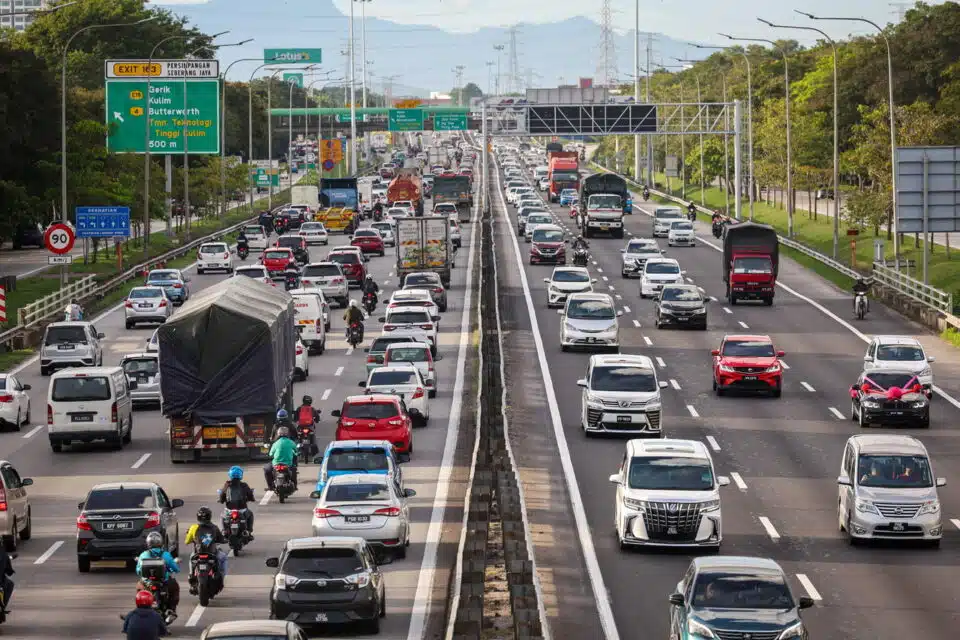KUALA LUMPUR, Oct 24 — Malaysia does not implement an end-of-life vehicle policy for old vehicles given its impracticality, but encourages the people to move towards carbon-free electric vehicle (EV) ownership or public transportation usage.
Transport Minister Anthony Loke said such a policy could not be implemented, as it considers the country’s socio-economic needs and the people’s living needs against dependence on private vehicles.
“We do not have a policy for end-of-life vehicles, unlike some (other) countries. If there is a policy to scrap old cars, it will burden the people.
“Data shows car sales are rising, which indicates the economy is in good shape. It is an indicator that we still depend on private vehicles; there is no policy to prevent vehicle ownership,” he said.
Loke was speaking at a press conference on the sideline of the High-Level 15th Regional Environmentally Sustainable Transport Forum in Asia today.
To achieve the Sustainable Development Goals (SDG) towards a carbon emission-free country by 2030, the government will continue building and investing in the public transportation system to improve it.
“In terms of the ratio of public transportation to private vehicles, the usage of the public transport system is still very low, at under 20 per cent.
“We are hoping to build up more usage of the public transportation system, but that will take a lot of effort and time, as well as investment by the government,” he said, citing tremendous efforts taking place to encourage the EV industry in Malaysia.
Loke added that 15 out of 30 million vehicles in Malaysia are motorcycles contributing to huge emissions, therefore, MOT has started a RM2,400 rebate as part of the e-motorbike incentive towards expanding its usage, as mentioned in the Budget 2024 presentation recently.
— Bernama





